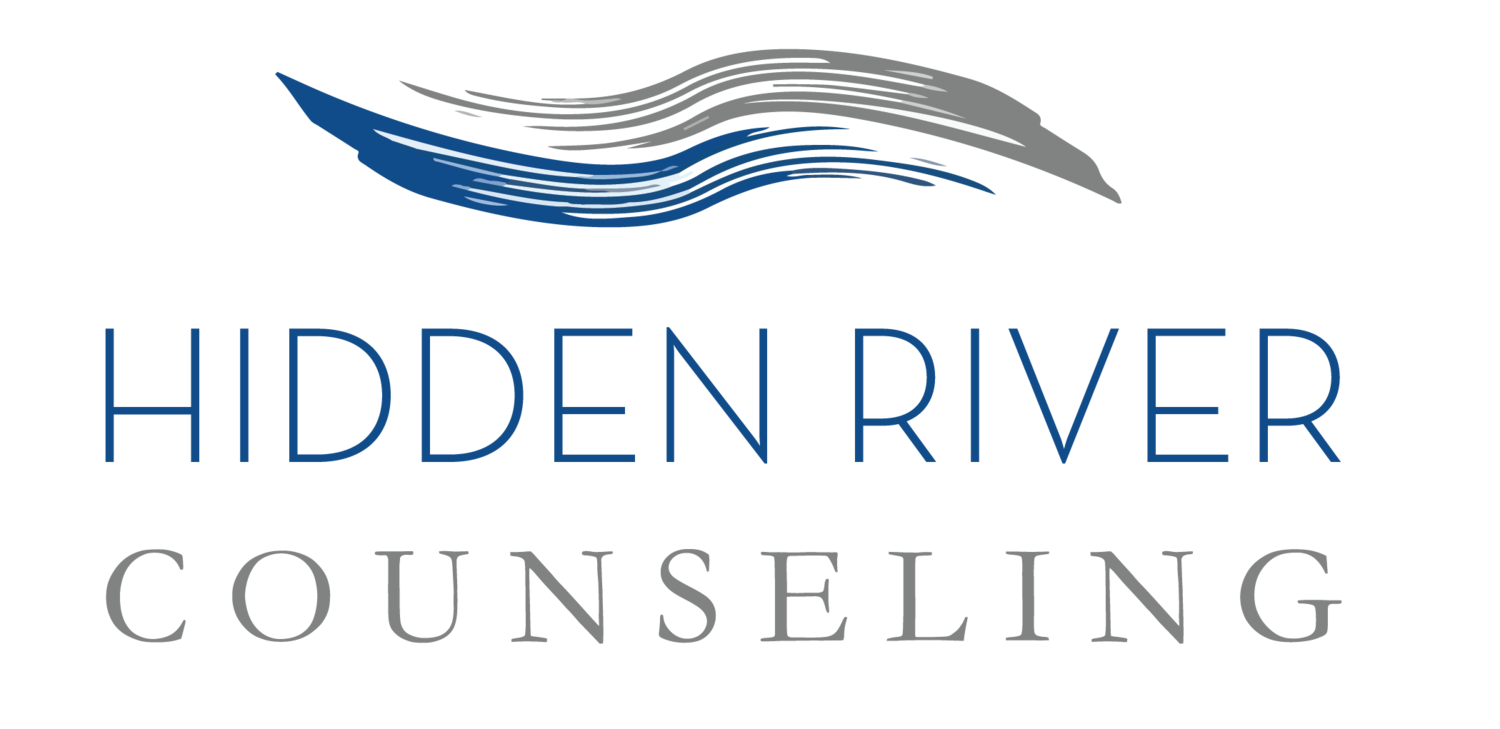6 Tips for Managing your Depression
/Are you looking for sustained relief from depression?
If you google “tips for managing my depression”, you will find TONS of articles and blogs that have any number of depression management tips. If you’ve been struggling with depression, you’ve probably already read and tried a lot of tips and a lot of tools.
When it comes down to it management tips are just advice. Don’t get me wrong, it’s not necessarily bad advice. In fact, most depression management tools come from peer-reviewed sources.
But your experience with depression is unique to you. Even if you suffer from common symptoms, your experience of depression probably doesn’t feel generic to you. It’s okay if you haven’t found sustained relief by following advice.
Professional counseling can offer you something different.
Counseling is more than just providing you advice for managing depression – it’s about finding what will work for you. Counselors will journey with you past the tips and tools and help you grow and heal from your depression. It may also help you have a healthier relationship with your depression and with yourself.
Okay, since it’s in the title, here are 6 tips that I have found to benefit my clients who are struggling with depression.
1. Fake it – Sometimes
When you’re feeling depressed, oftentimes nothing sounds good anymore... even the activities you used to like (or activities you want to like).
But not engaging in what once brought you joy won’t help your depression. Sometimes we have to get up and re-engage, even if we don’t feel like it.
Here’s a tip within a tip: Make a list of what you used to like to do. Make a list of what you wish you felt like doing. Make a list of things you’d like to do when you’re feeling better. Make a list of what has helped your depression in the past.
Compile all of these activities into one list and keep it close.
Do something from the list every day.
2. Focus on the basics
Poor basic habits fuel depression. Our physical health and mental health start with the basics: nutrition, exercise, sleep, and personal hygiene.
- Make sure you’re eating healthy, balanced meals and limit alcohol consumption
- Do some form of mild exercise in each day and get outside when you can.
- Whether you find yourself sleeping too much, too little or a mixture - as your schedule allows, try to go to bed and wake up at the same time each day. Don’t look at technology while you’re trying to unwind – looking at screens alerts our brain to stay awake.
- Take care of your personal hygiene.
3. GO EASY ON YOURSELF
Yes, that is in all caps for a reason. You can’t expect to get better overnight. Depression has a way of making the smallest of tasks seem insurmountable. So take time to congratulate yourself, even on the smallest of steps toward depression relief.
Manage your expectations. The change will be gradual, but keep track of it and continue to build on it.
4. Tap into your creative side and have some FUN
When was the last time you felt like you couldn’t concentrate or felt overwhelmed by a problem? When was the last time you did something creative or new?
Having a creative outlet helps you feel more prepared to problem solve in the future. So go have some fun, and know that it’s making you a healthier person.
5. Let it out
Let it out, even if it won’t let go. Write, journal, talk to someone you trust.
Feeling depressed usually comes with some combination of feeling hopeless, worthless, guilty, and shame. What powerful emotions to keep bottled up inside. When you write it out, you are creating distance between yourself and those powerful feelings. With that space, you are able to get perspective. You are also giving your mind a break by slowing these thoughts down and getting them out.
6. Don’t isolate yourself
One of the #1 signs of depression is withdrawing from friends, loved ones, and other social situations.
But we are social creatures and isolation fuels depression. Spend time with supportive friends and loved ones. It’s okay to be alone, especially if that’s your way to recharge. But be careful, especially if you’re struggling with depression and find a balance that’s comfortable for you.
Depression is more than a chemical imbalance. If you are taking prescription medication to help with your depression, current best practices suggest going to counseling while you continue to take prescription medication.
Counseling can help you process life situations and other environmental factors that aren’t caused by chemical imbalances and may also affect your depression.
Remember, depression results from a complex combination of biological and environmental factors. If my 6 tips don’t inspire you, that’s okay – there is a lot of advice out there. Working with professionals to help find what’s best for you can be crucial to your success in finding lasting relief from your depression.
*If you are feeling suicidal, please call 911 or go to nearest ER services.
1-800-273-8255 https://suicidepreventionlifeline.org/










